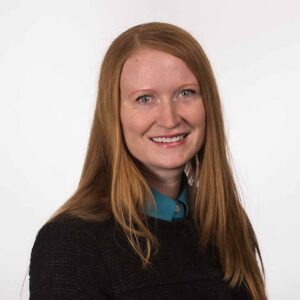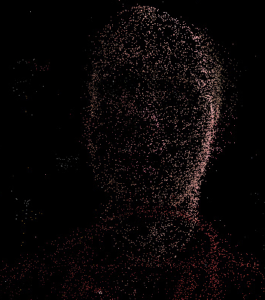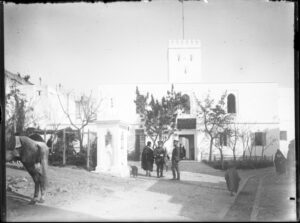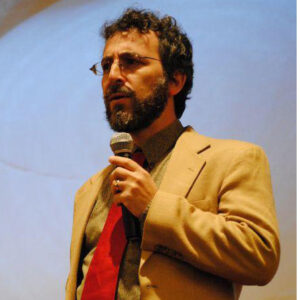 Access to high-quality, relevant information is absolutely foundational for a quality education. Yet, so many schools across the developing world lack fundamental resources, like textbooks, libraries, electricity and Internet connectivity. The SolarSPELL (Solar Powered Educational Learning Library) is designed specifically to address these infrastructural challenges, by bringing relevant, digital educational content to offline, off-grid locations. This talk will examine the design, development, and deployment of this for-the-field technology that looks simple but has a quite complex background.
Access to high-quality, relevant information is absolutely foundational for a quality education. Yet, so many schools across the developing world lack fundamental resources, like textbooks, libraries, electricity and Internet connectivity. The SolarSPELL (Solar Powered Educational Learning Library) is designed specifically to address these infrastructural challenges, by bringing relevant, digital educational content to offline, off-grid locations. This talk will examine the design, development, and deployment of this for-the-field technology that looks simple but has a quite complex background.
SolarSPELL is a portable, ruggedized, solar-powered digital library that broadcasts a webpage with open-access educational content over an offline WiFi hotspot, content that is curated for a particular audience in a specified locality — in this case, for schoolchildren and teachers in remote locations. It is a hands-on, iteratively developed project that has involved undergraduate students in all facets and at every stage of development.
Laura Hosman
Hosman is assistant professor at Arizona State University, holding a joint appointment in the School for the Future of Innovation in Society and in The Polytechnic School. Her work is action-oriented and focuses on the role for information and communications technology (ICT) in developing countries. Presently, she focuses on ICT-in-education projects, and brings her passion for experiential learning to the classroom by leading real-world-focused, project-based courses that have seen student-built technology deployed in schools in Haiti, Vanuatu, Micronesia, Samoa, and Tonga.
Event Details
Location: E25-202
We will provide lunch; please bring your own drink and your questions.
Information Science Brown Bag talks, hosted by the Program on Information Science, consists of regular discussions and brainstorming sessions on all aspects of information science and uses of information science and technology to assess and solve institutional, social and research problems. These are informal talks. Discussions are often inspired by real-world problems being faced by the lead discussant.

 Terms like “virtual reality” and “augmented reality” have existed for a long time. In recent years, thanks to products like Google Cardboard and games like Pokemon Go, an increasing number of people have gained firsthand experience with these once-exotic technologies. The MIT Libraries are no exception to this trend. The Program on Information Science has conducted enough experimentation that we would like to share what we have learned and solicit ideas for further investigation.
Terms like “virtual reality” and “augmented reality” have existed for a long time. In recent years, thanks to products like Google Cardboard and games like Pokemon Go, an increasing number of people have gained firsthand experience with these once-exotic technologies. The MIT Libraries are no exception to this trend. The Program on Information Science has conducted enough experimentation that we would like to share what we have learned and solicit ideas for further investigation. Access to high-quality, relevant information is absolutely foundational for a quality education. Yet, so many schools across the developing world lack fundamental resources, like textbooks, libraries, electricity and Internet connectivity. The
Access to high-quality, relevant information is absolutely foundational for a quality education. Yet, so many schools across the developing world lack fundamental resources, like textbooks, libraries, electricity and Internet connectivity. The 


